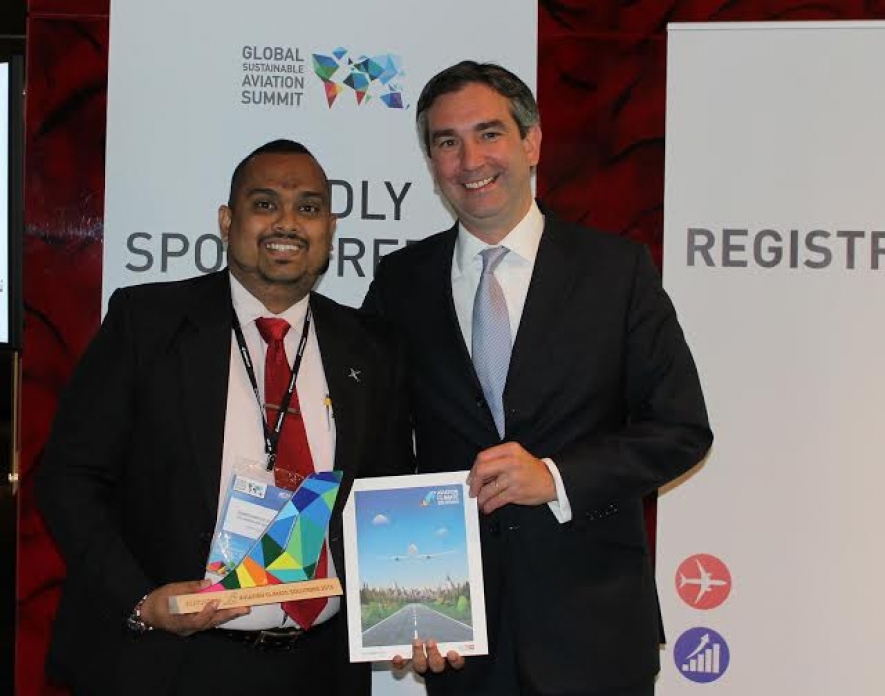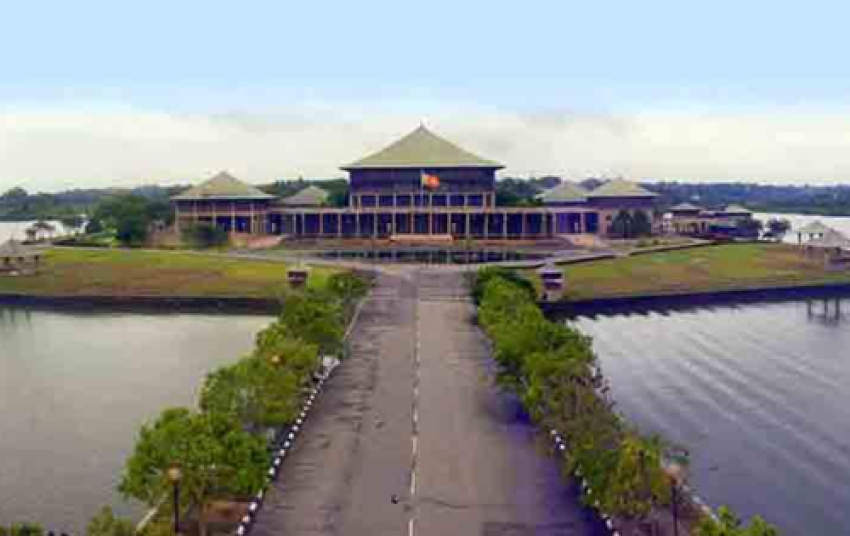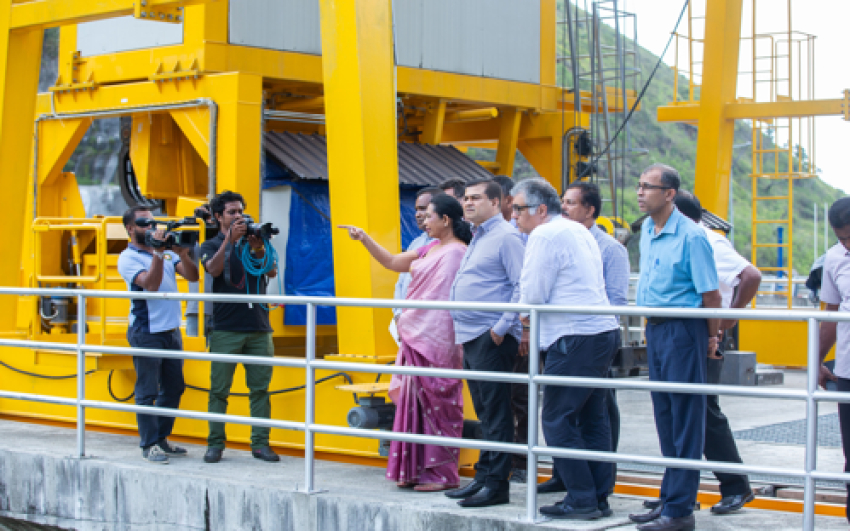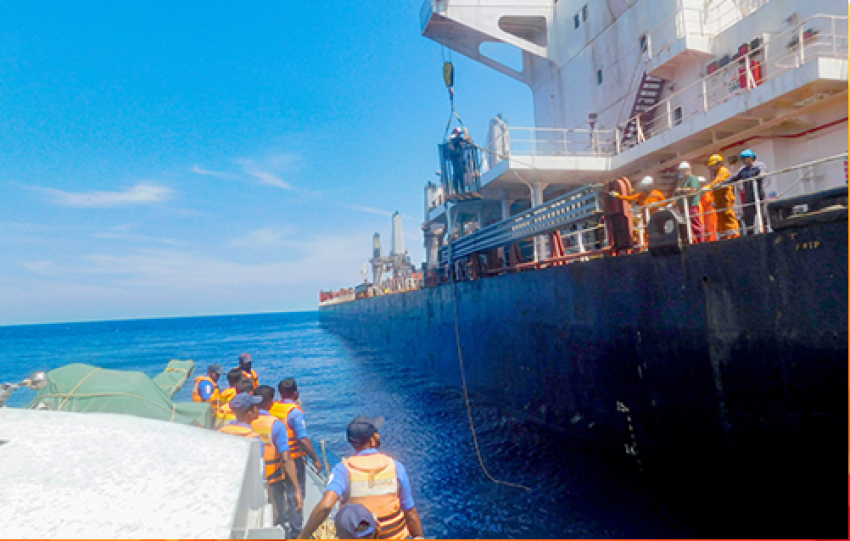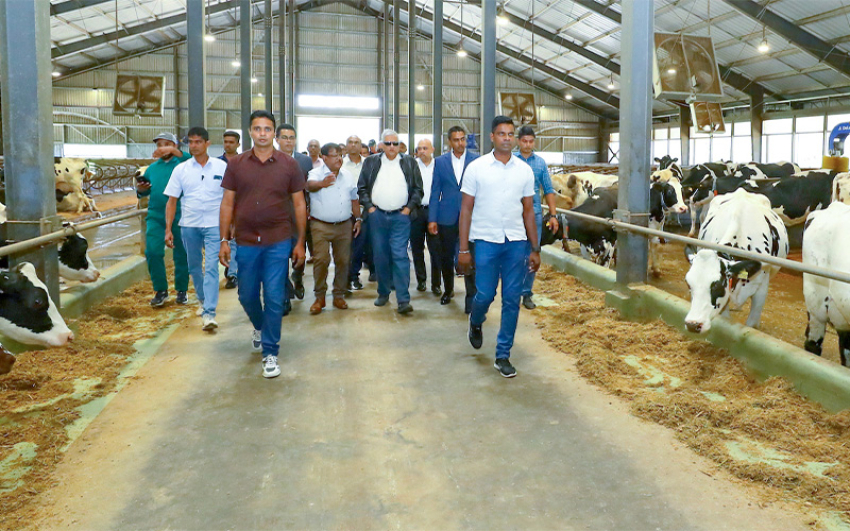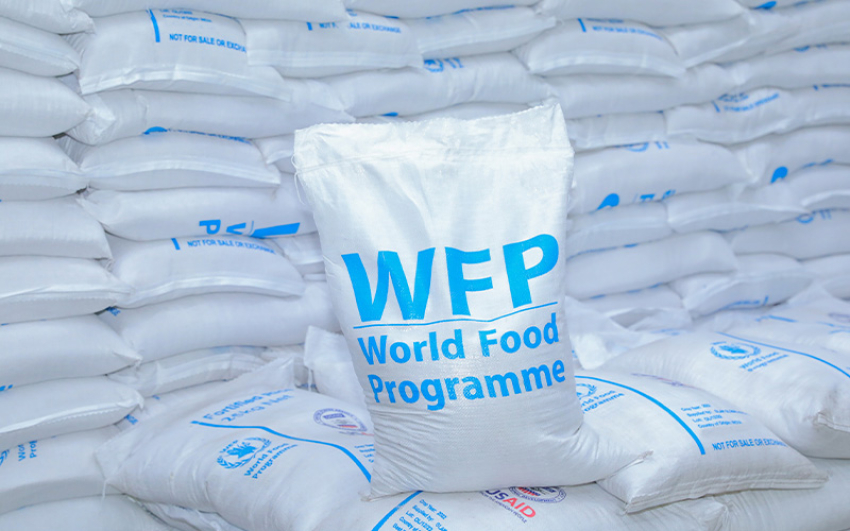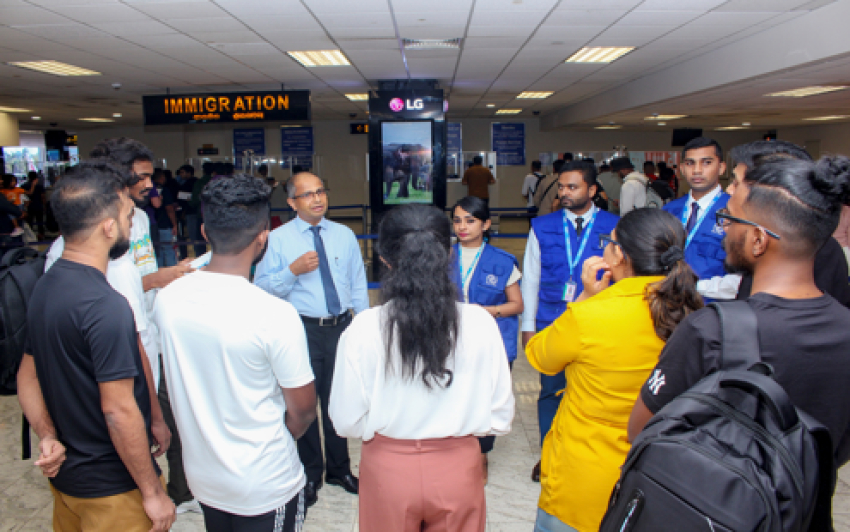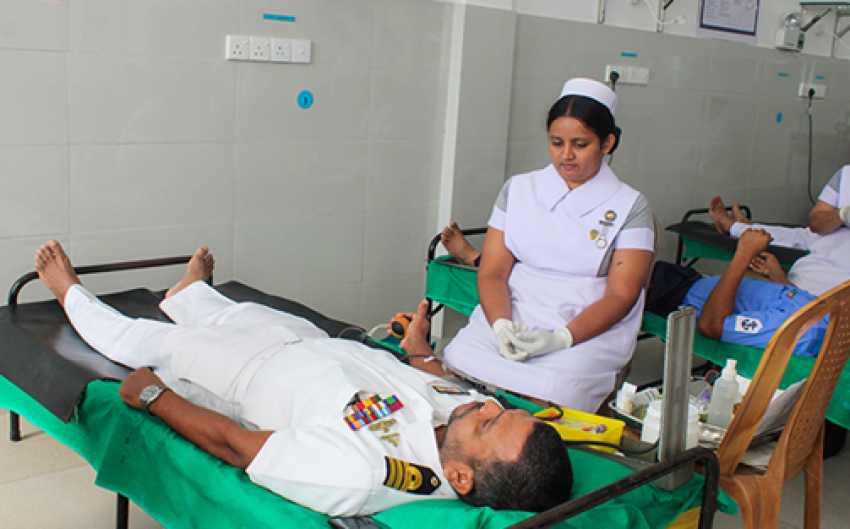Implemented under the “Planet-friendly SriLankan” initiative, this allows Airlines’ passengers to neutralise their individual carbon footprints by purchasing carbon credits. “flygreen” programme is monitored by IATA, and all its proceeds will be invested on a local conservation project in Sri Lanka, offering the environmentally conscious passengers the opportunity to contribute towards the Airline’s sustainable practices.
Voicing his thoughts on “Greener Sustainability” SriLankan Airlines Chairman, Mr. Ajith Dias, writes to the Airlines' Environmental report, “SriLankan Airlines is dedicated and committed to promote environmental conservation and believes the Airline has the power to create a positive transformation.”
Michael Gill, Executive Director of the Air Transport Action Group, a cross-industry association that published the report, said: “Aviation plays a vital role in the world economy, providing connectivity for people and business. The Aviation Climate Solutions are a set of case studies showing how different parts of the industry all over the world, including SriLankan Airlines are working together to reduce our climate impact.”
Aviation Climate Solutions was released at the Global Sustainable Aviation Summit in Geneva, Switzerland, alongside an open letter from industry chief executives which reaffirms the industry’s commitment to climate action; and calls on governments to support it with the development of a global market-based measure for aviation emissions, improved efficiency in air traffic management and accelerating research for alternative fuels and new technology.
In 2008, the aviation sector became the first to set global goals to proactively manage its climate change impact. The industry will stabilise its net CO2 emissions from 2020 through a concept called carbon-neutral growth, whereby traffic would continue to rise to meet the demands of society and the economy, but growth would be offset through a global market-based measure. The longer-term goal is to actually reduce net CO2 emissions from aviation to half of what they were in 2005, by 2050.

